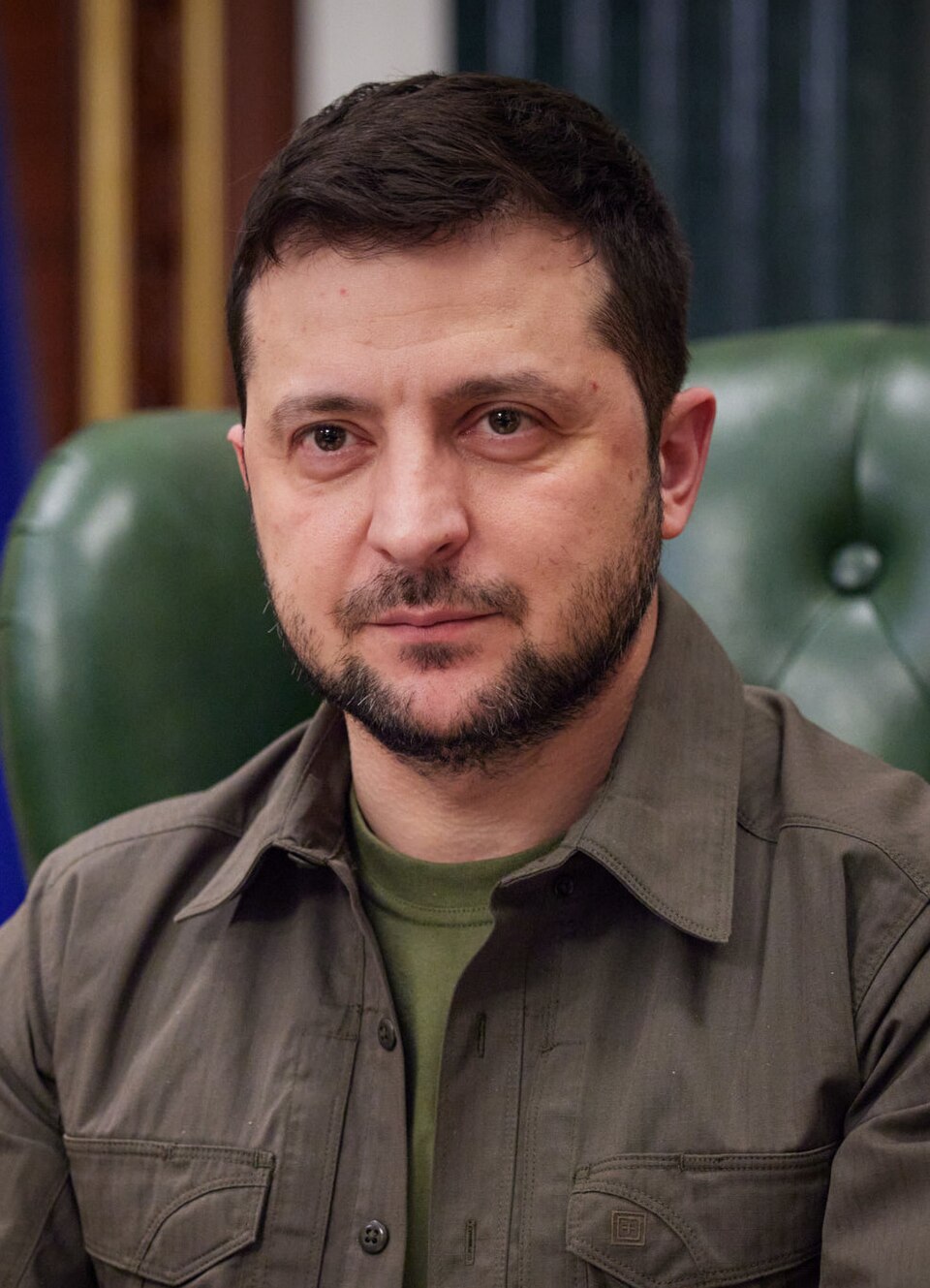
Introduction
Volodymyr Zelenskyy, the President of Ukraine, has emerged as a pivotal figure on the global stage, particularly during this tumultuous period marked by conflict and geopolitical tension. His charismatic leadership and ability to communicate effectively have not only rallied the Ukrainian people but have also captured the attention of world leaders and international organisations. As Ukraine continues to navigate the challenges posed by external aggression, Zelenskyy’s role has become more crucial than ever.
Zelenskyy’s Rise to Power
Before entering politics, Zelenskyy was a prominent actor and comedian. He gained widespread recognition through his television series, where he portrayed a fictional president, a role that would eerily mimic his future as the real leader of Ukraine. In 2019, Zelenskyy won the presidential election in a landslide victory, promising to tackle corruption and improve the economic situation in the country. His anti-establishment campaign resonated with voters disillusioned by years of political turmoil.
Leadership During the Crisis
Since the onset of the conflict with Russia in early 2022, Zelenskyy’s leadership has been tested like never before. His decision to remain in Kyiv during the early days of the invasion sent a powerful message of resilience to both his citizens and the global community. Instead of fleeing, he took to social media and addressed Ukrainians directly, galvanising support and unity amidst devastation. His speeches have often included appeals to the international community for aid and support, securing critical military and humanitarian assistance from various nations.
International Relations and Impact
Zelenskyy has successfully leveraged his position to strengthen Ukraine’s relationships with Western countries. His persistent advocacy for Ukraine’s membership in NATO and the European Union has gained traction, culminating in increased military aid from the United States and other allies. Furthermore, Zelenskyy has highlighted the need for sanctions against Russia, framing the conflict not only as a national struggle but as a fight for democratic values worldwide.
Conclusion
As the war in Ukraine continues, Volodymyr Zelenskyy’s leadership will remain central to the country’s strategy and resilience. His ability to connect with both domestic audiences and the international community reflects a new style of leadership forged in adversity. Moving forward, the global community’s response to the ongoing conflict will significantly influence not just Ukraine’s future, but also the broader geopolitical landscape in Europe. Zelenskyy’s journey is a reminder of the strength that can arise from leadership during times of uncertainty, making him a figure of both national pride and a symbol of global democratic aspirations.
You may also like

The Evolving Role of the Manager in Modern Business

Understanding the Current Political Landscape in the UK

The UKIP Party: Recent Developments and Future Outlook
SEARCH
LAST NEWS
- Remembering Wendy Richard: The Promise to Co-Star Natalie Cassidy
- How Did Anglian Water Achieve an ‘Essentials’ Rating for Mental Health Accessibility?
- Shai Hope Leads West Indies in T20 World Cup Clash Against South Africa
- What We Know About Weston McKennie: Future at Juventus and Past at Leeds
- What We Know About the Upcoming Live Nation Antitrust Trial